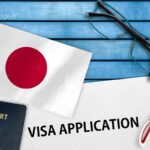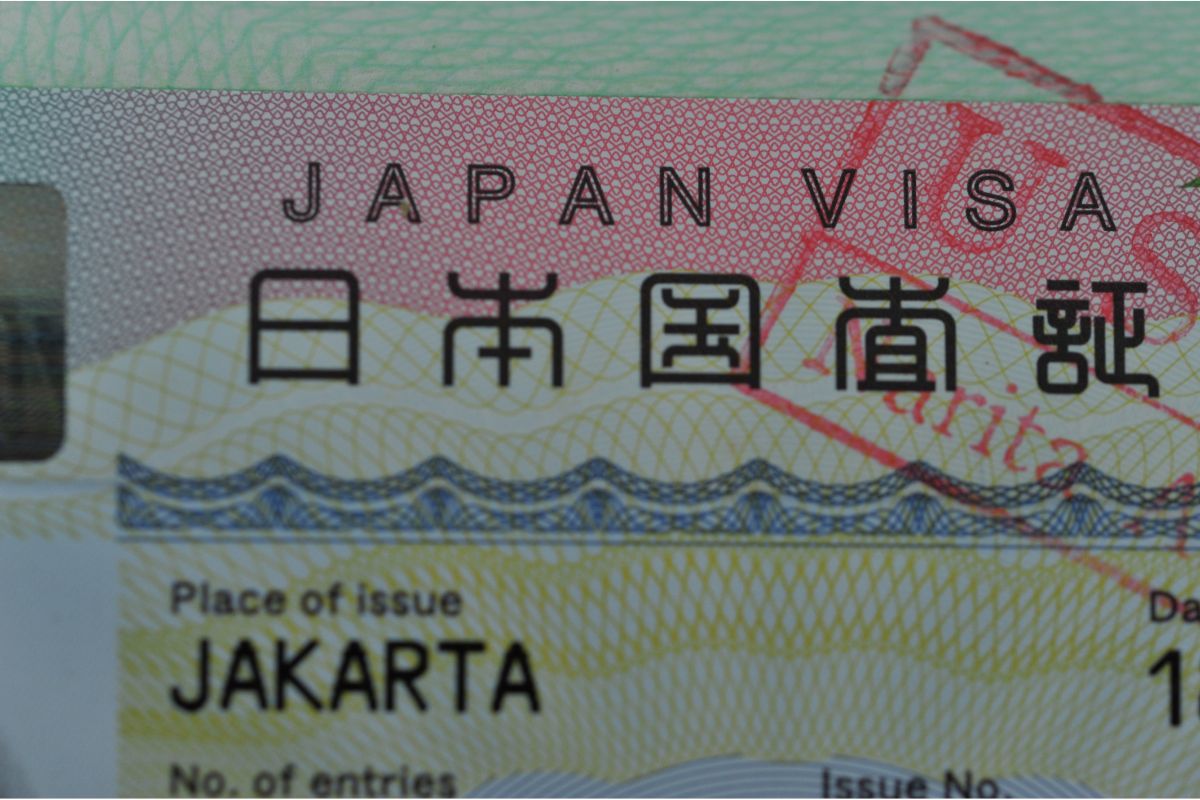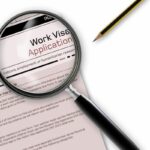If you are planning to work or study in Japan, then you may need a visa. However, if you are only planning a short-term stay (for something like a vacation), then you will not need a visa.
This is known as a Visa Exempt, and you can travel to Japan and stay for 90 days.
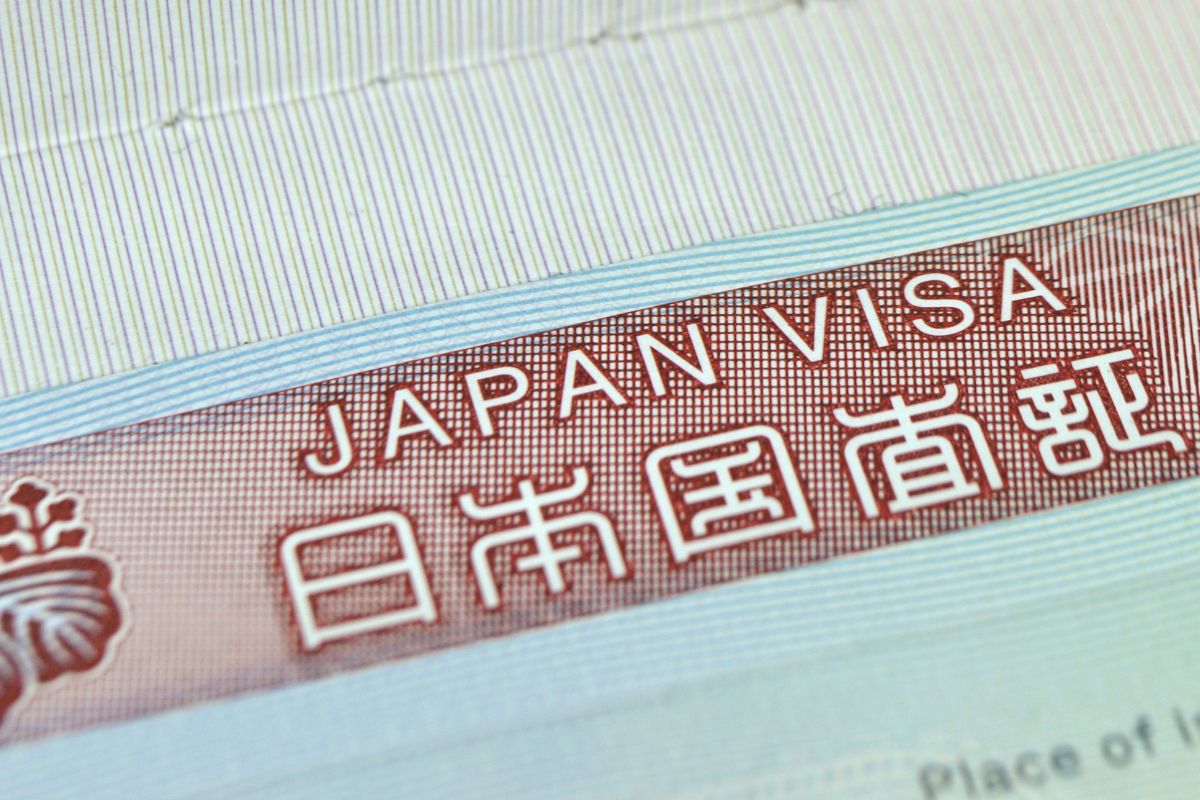
If you are looking to travel to Japan for various reasons, then you may feel the pressure of whether your visa might be rejected or not.
Filling out a visa is never easy, whether this is for Japan or somewhere else. However, so long as you are aware of why your visa might be rejected, then it gives you a good idea on how to avoid it.
Even so, the Japanese Embassy will never actually tell you why your visa was rejected. This is due to the fact they don’t want people to unfairly reapply for another visa.
For example, lying to get the visa a second time around.
The Land of the Rising Sun is a beautiful place. It is no surprise that you are wanting to visit. However, before you fill out your visa application, read this article first.
Here are 10 common reasons for rejected visas in Japan.
1. Not Enough Evidence Of Knowing Sponsor Or Inviter
If you meet a person online and they ask for you to visit, then it is seen as a red flag. In fact, being invited by a person you have never met should be avoided anyway.
The Embassy often thinks that you may be used for trafficking.
The recommendation by the Japanese Embassy states that you should know your sponsor or inviter for at least three years. However, this is obviously different for working visas.
Even so, you will be invited by a company rather than an individual.
If you do need to prove your relationship with a person, then you may need to provide evidence. This could be pictures of the two of you together, or even screenshots of conversations.
2. Speculation Of Work
If you are hoping to re-enter the country, then the Japanese Embassy might feel that you have no reason to be there. This is especially true if you are unemployed and have no ties to the country.
This is because the Embassy might assume that you are going to Japan to look for work. However, there is a way to prove to them that you are only planning to enjoy a vacation.
This can be done by showing them proof of your itinerary. For example, you can attach the hotel reservations, attraction tickets, and so on.
If you have a child who was born in Japan, you could also potentially show the Embassy their birth certificate. The more proof you have of why you need to be in Japan, the better.
Otherwise, you may give out the wrong message.
3. Violation Of Previous Visa
Violations of a visa can mean a few different things. For example, it may be because you overstayed the amount of days allowed on your visa. Or you worked while using a tourist visa.
It doesn’t matter how you violated the rules of the visa, it might mean that the next one you apply for is rejected.
This also applies to lying in a visa. You need to be as honest as possible, even if you are trying to hide the fact you went against the rules of your last visa.
Any lying automatically means your visa will be rejected.
You must state everything honestly in the visa application. You will feel much better about it too!
4. Forms Are Incorrect
Going through the visa application process never seems easy. One good way of doing it is by going through it in sections. When you do it like this, it becomes a more manageable process.
One reason you may be rejected for a Japanese visa is because the forms were filled out incorrectly. You will want to follow the instructions carefully and correctly.
Any mistakes may cause your visa to be denied. This could be the color of the pen used, or the way you edited a digital document. Always read through the visa application carefully and check what you have written.
Filling out the forms incorrectly is an easy mistake to make, but it is also really easy to avoid it too.
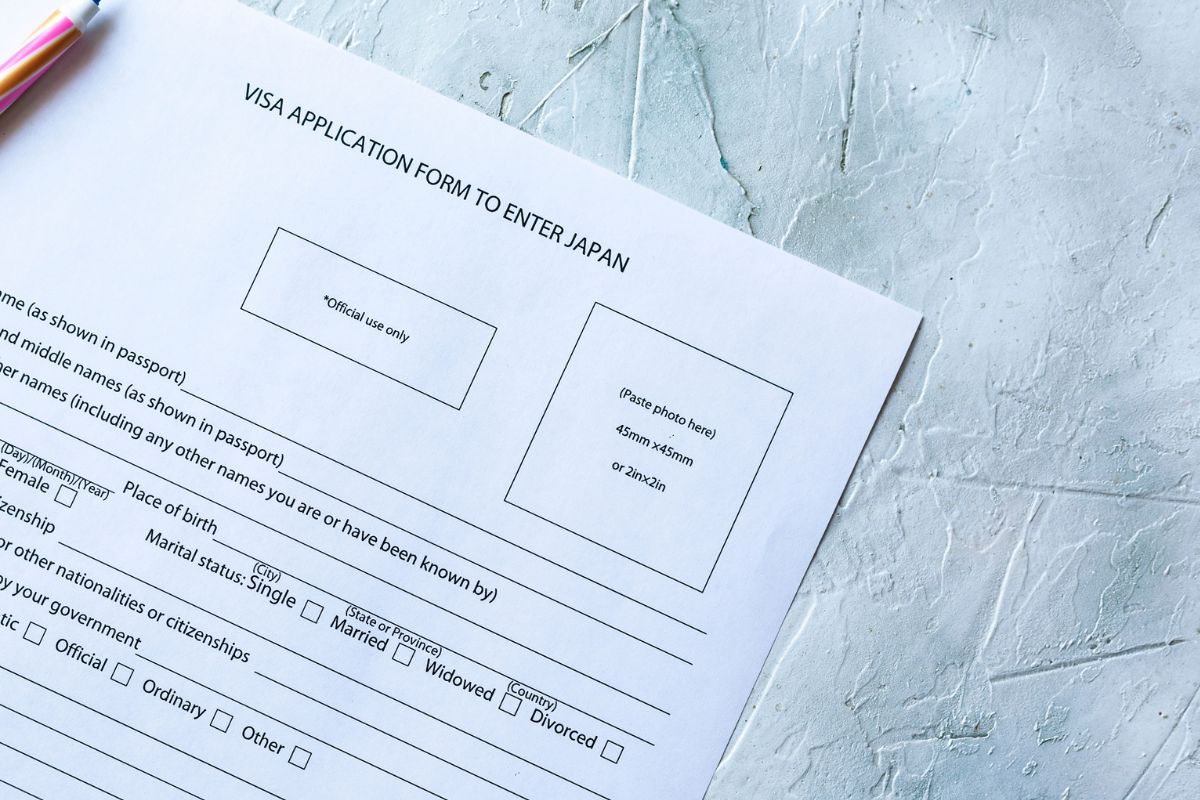
5. False Documents
All of the documents you use for the Japan visa application process need to be real and not fake.
Any false documents that you include in the application can cause you to not just be rejected, but also banned from applying again.
This includes anything from a birth certificate, all the way to a Certificate of Employment. The reason the latter needs to be a real document is that they will contact the company to verify this is true.
Do not think that the Embassy will not verify everything that is sent. Anybody can send documents to prove why they are wanting a visa for Japan.
This means that every document will get checked to ensure that they are real, and not false.
6. Bank Balance Is Abnormal
One thing you may have noticed when traveling is that customs will always ask how much money you have with you. While it may seem odd, they are looking for inconsistencies or odd amounts.
What you will want to make sure is that you have enough money for your everyday expenses, plus some extra. Work this out before you go. You may also want some cash and a bank card that you can use.
While that is nothing to do with your visa application, your bank balance might be. If the Embassy is suspicious of your money, then they will reject your visa.
They might know this information if you have ever put cash into an Average Daily Balance (ABD). Some people do this to have ‘show money’ in Japan – otherwise known as daily expenses.
If you deposit a very large sum of cash into the ABD, yet the balance is not even half of this amount, then the Embassy is likely to be suspicious about where the money has come from.
This can cause your application for a visa to be rejected.
7. Documents Are Incomplete
When you apply for a visa to Japan, you will want to make sure you have every document that is needed. If you have incomplete documents, then it may delay the visa process or cause you to be denied.
Some of the things you may need are:
- A passport – it must be valid and in-date.
- Visa application form fully completed and correctly filled.
- Photos – passport size with name and your birth date written on the back.
- Bank details from the past 3 months.
- PSA Birth certificate – issued from the last year only
- A schedule for your trip
There are also documents such as a marriage certificate, guarantee letter, proof of your relationships, etc.
8. Inconsistencies In Visa Application
You need to keep everything consistent when applying for a Japanese visa. If you have written on your visa that you are planning a ten day trip, yet your own schedule says fifteen, then your visa will be denied.
This is the same if the places you are staying do not match up either.
Before you submit all of your documents, make sure everything has the same itinerary and length of stay. Inconsistencies are easy to mix up, and is an annoying way to get a visa denied.
While it could just be an honest mistake on your part, an Embassy thrives on being suspicious – because they need to be!
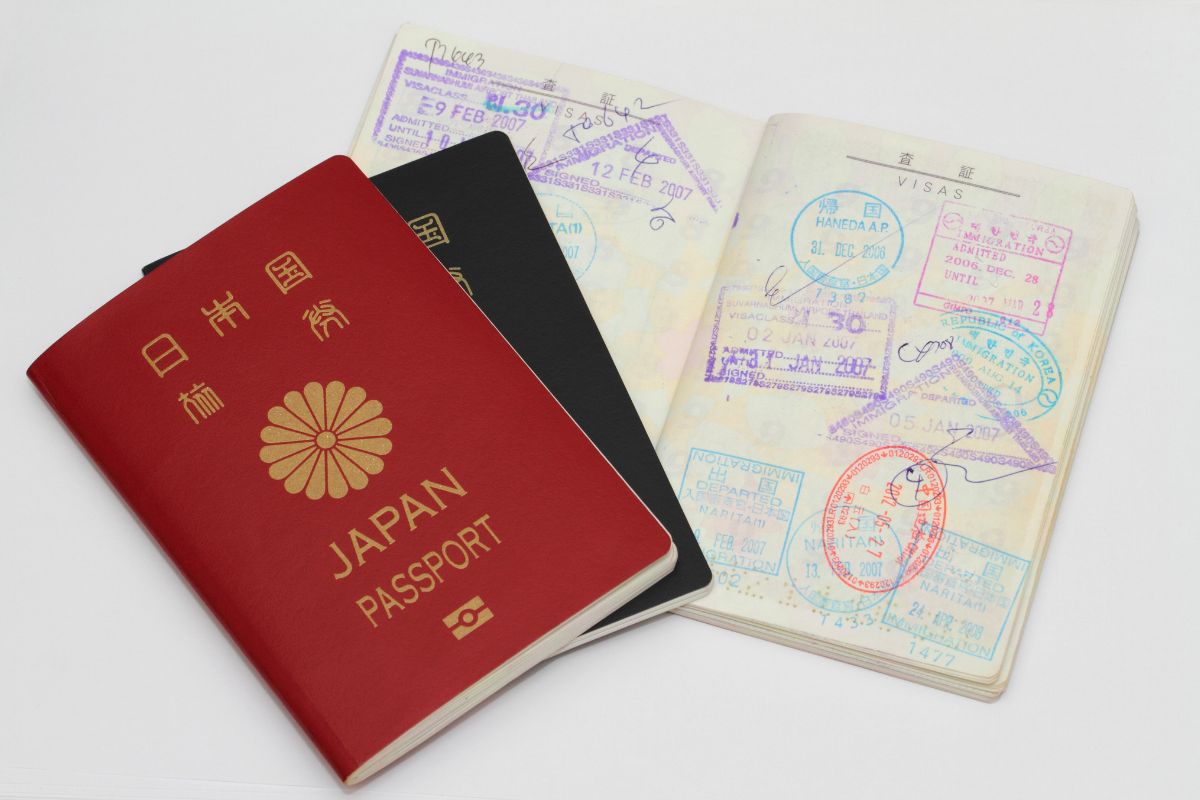
9. Not Meeting The Visa Requirements
When applying for a visa, you must meet the requirements in the first place. For example, you need a passport for your own residence. It could also be that your purpose of stay meets the requirements.
This document outlines reasons you cannot get a visa or enter the country. Some of the reasons include suffering with an infectious disease, being a member of a criminal group, or engaging in prostitution – among so much more.
10. Wrong Visa Applied For
You need to make sure that the visa you are applying for is the correct one for your situation. If you are going for business, then you will want to avoid a tourist visa.
This is the same if you are visiting family members.
When this is the case, you will need an invitation letter written by them. If you are going for business, there is a short-term business affairs visa.
If you are unsure about which visa to apply for, do your research first to avoid it getting rejected.
Final Thoughts
Unfortunately, if you get your visa rejected by the Japanese Embassy, you are likely not to know why. This can be frustrating. However, if you have been rejected, then the above list might help.
If you are about to apply for your Japanese visa, then you may want to use the above list to make sure you have a smooth application process.
However, applying for a Japanese visa is not as scary as it might seem. So long as you meet the requirements and are honest – as well as have strong ties to the reason you are going – then you are likely to be accepted.
- 16 Best Websites To Watch Japanese Movies With English Subtitles - May 11, 2023
- Is ZIPAIR The Best Airline For Traveling To Japan? - May 11, 2023
- Ryu Murakami Vs Haruki Murakami – Which One Should You Read? - May 11, 2023

